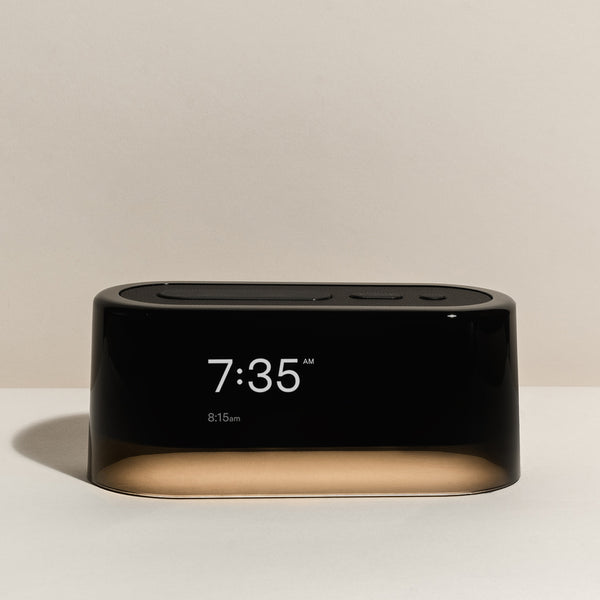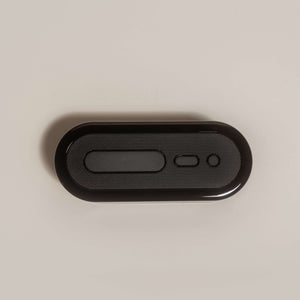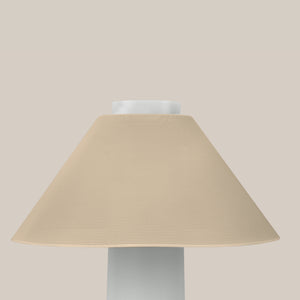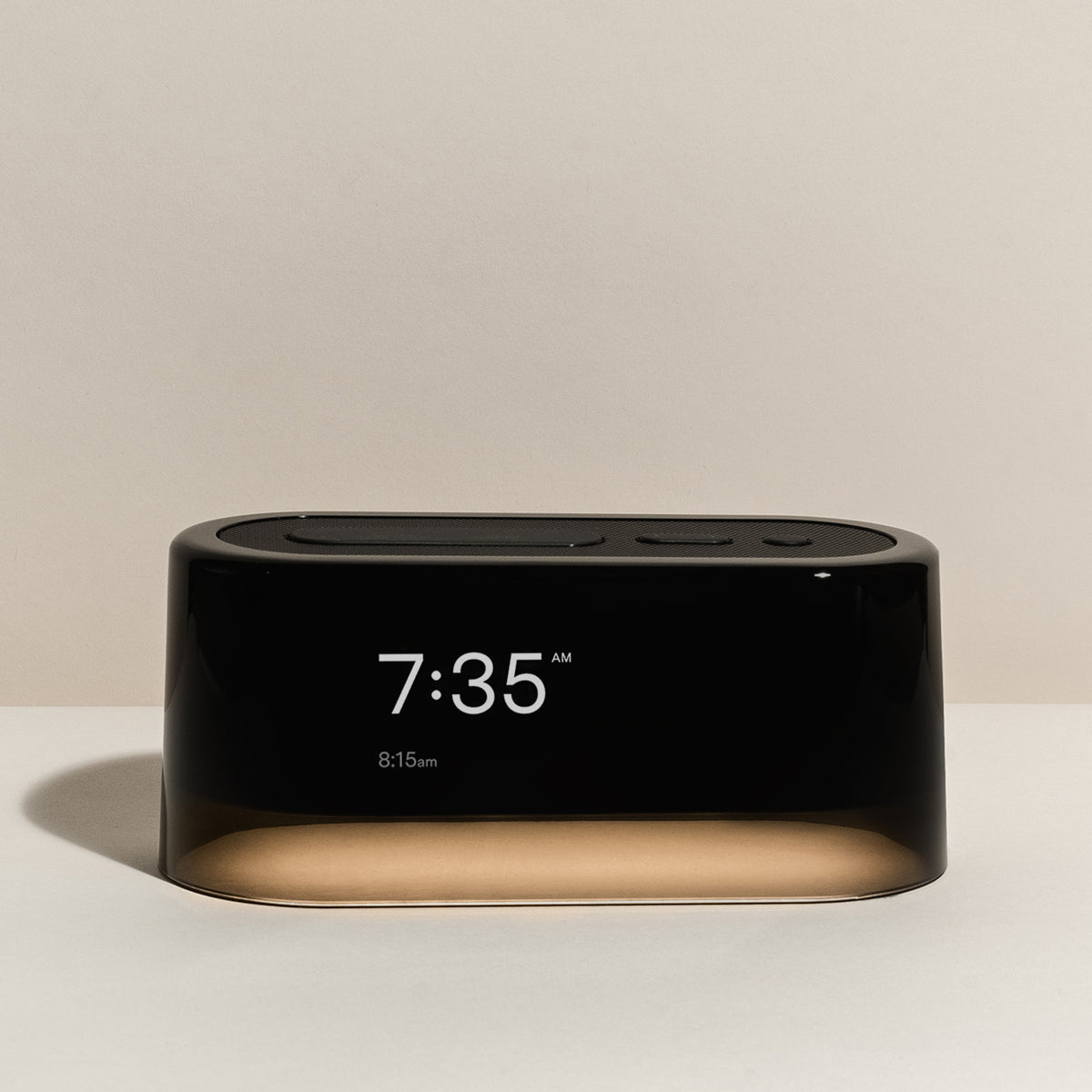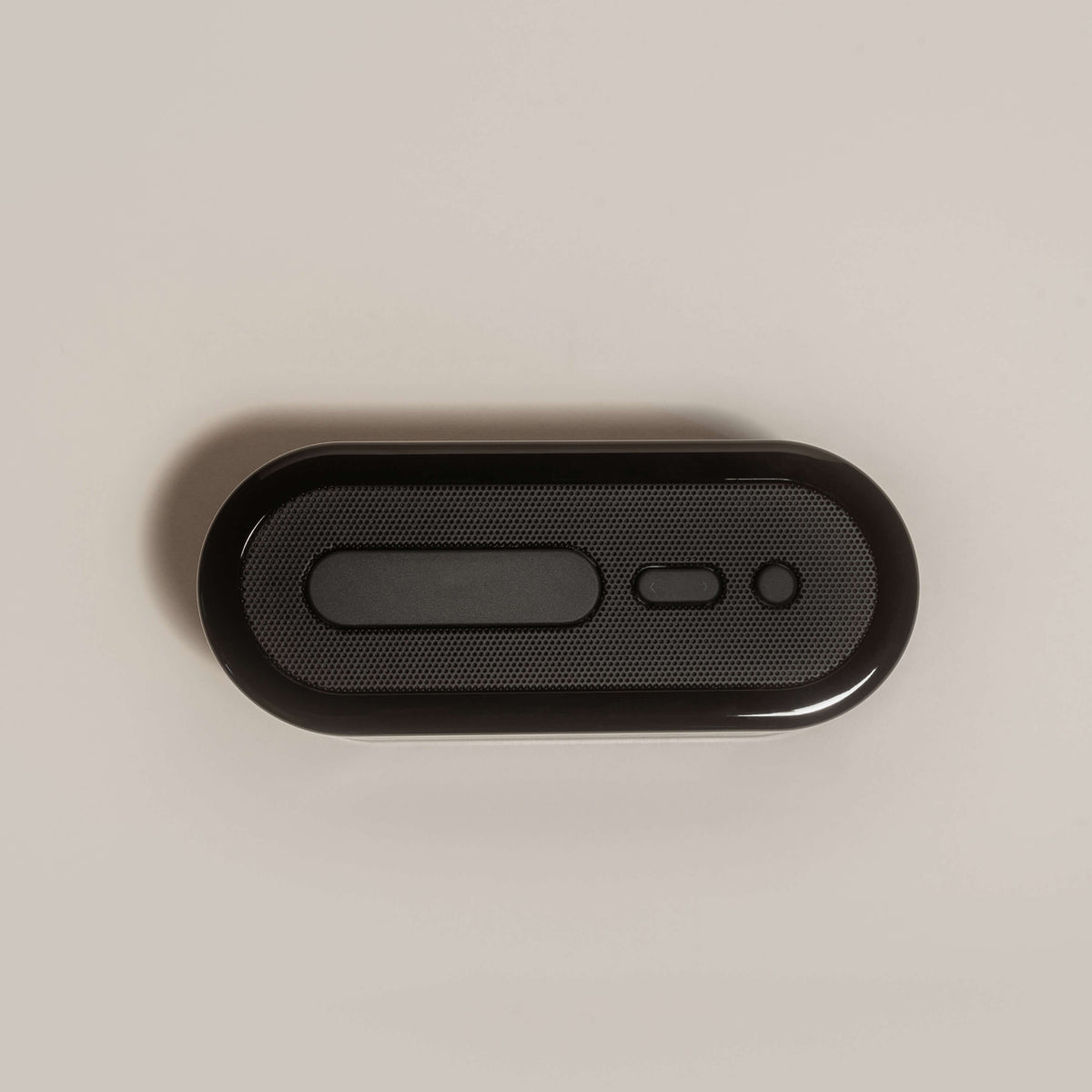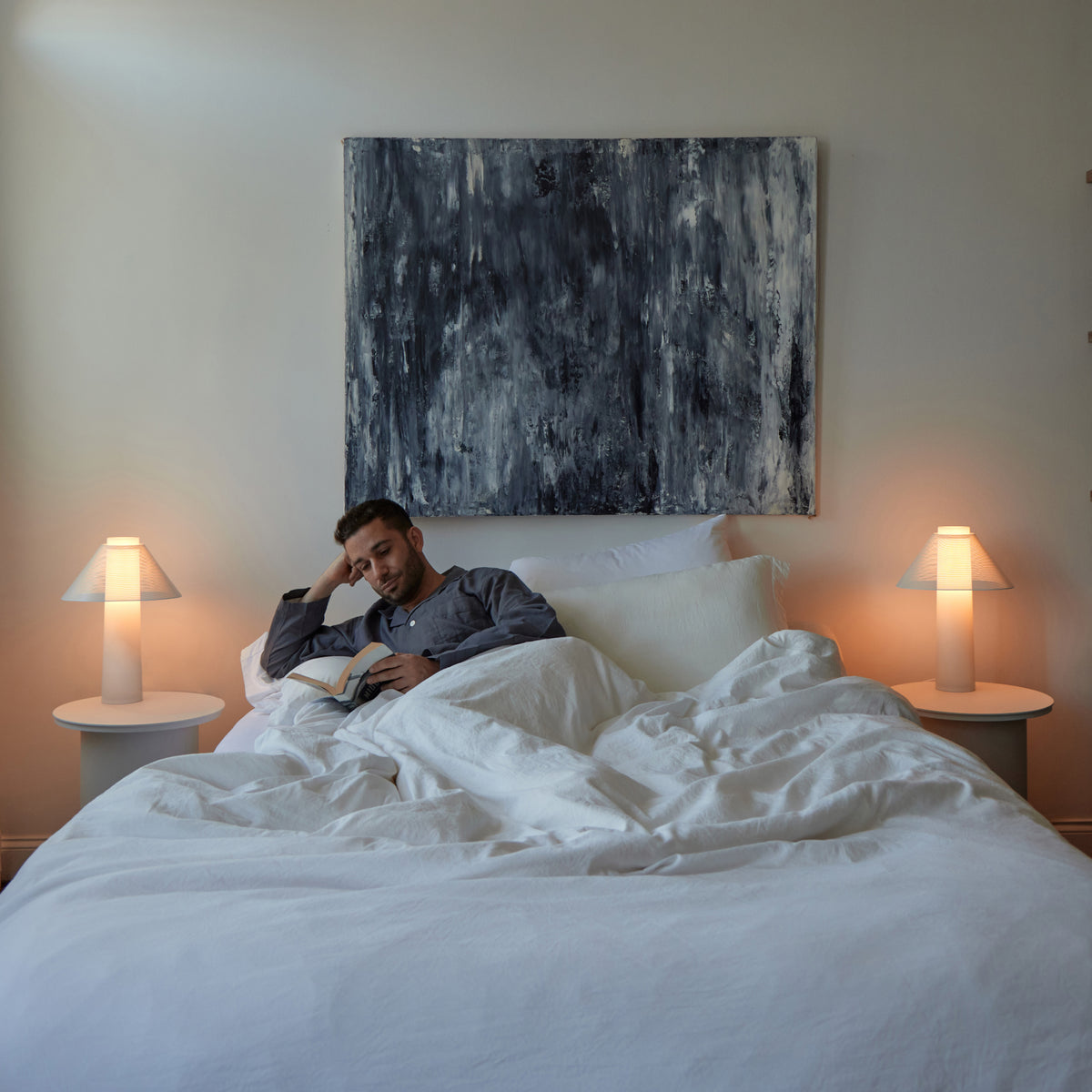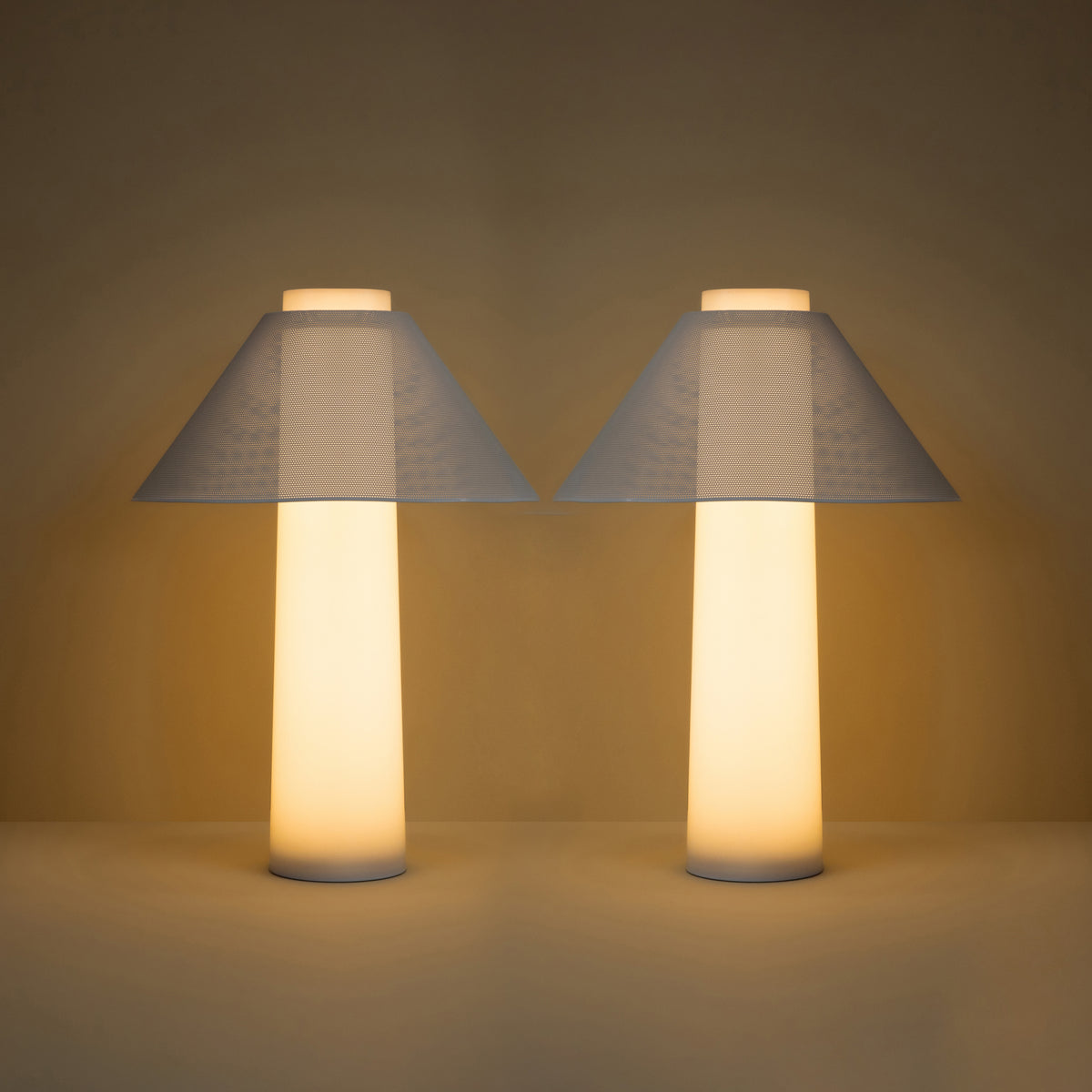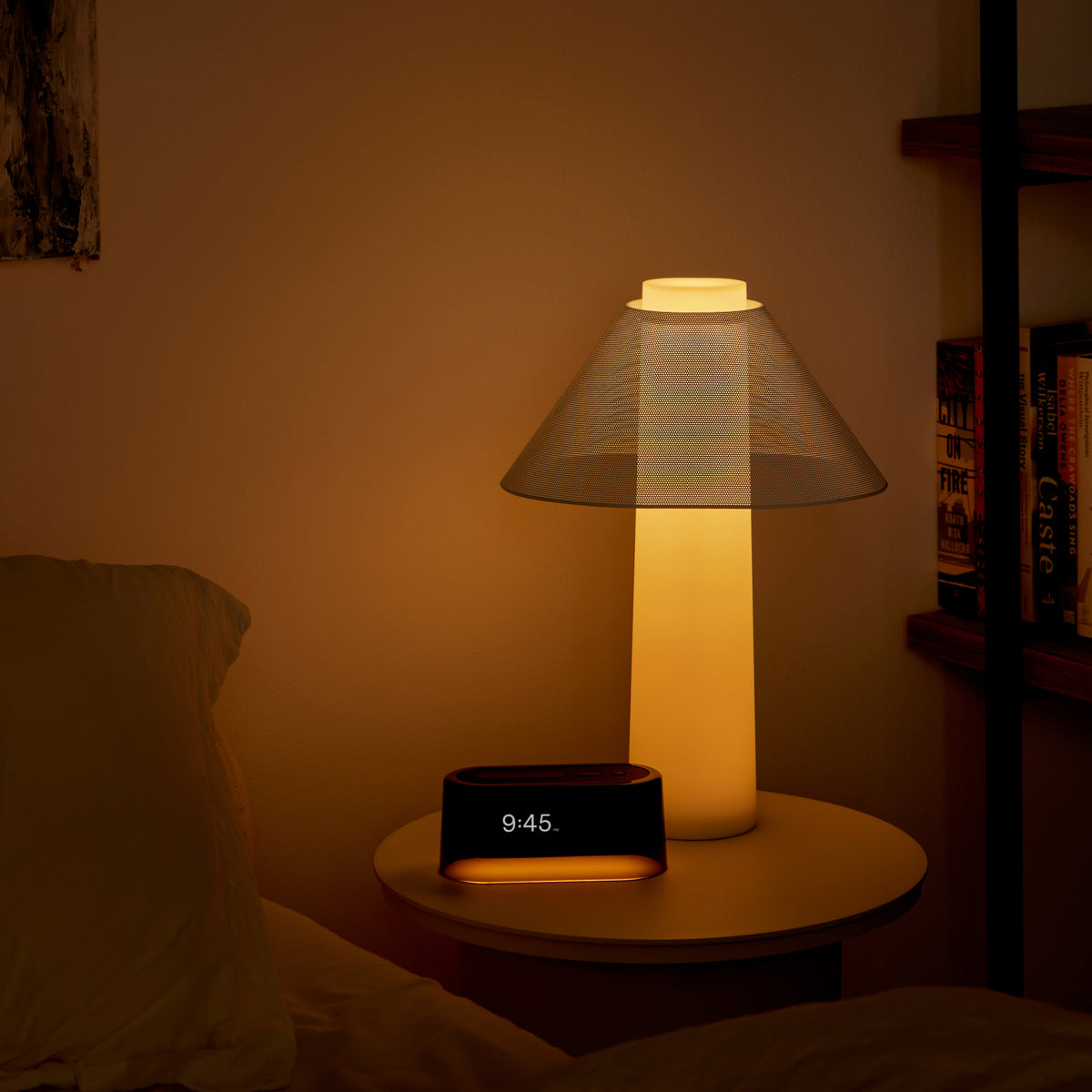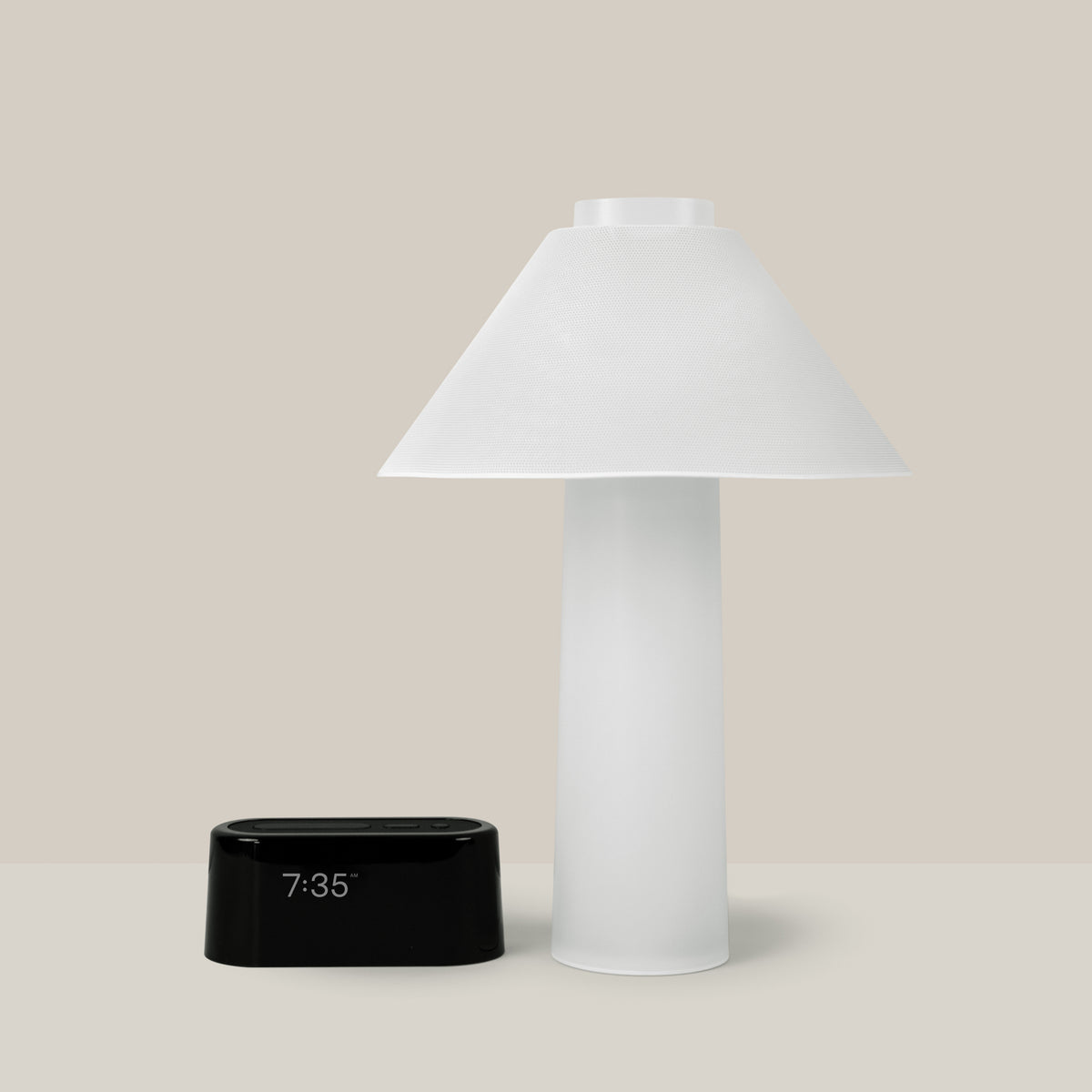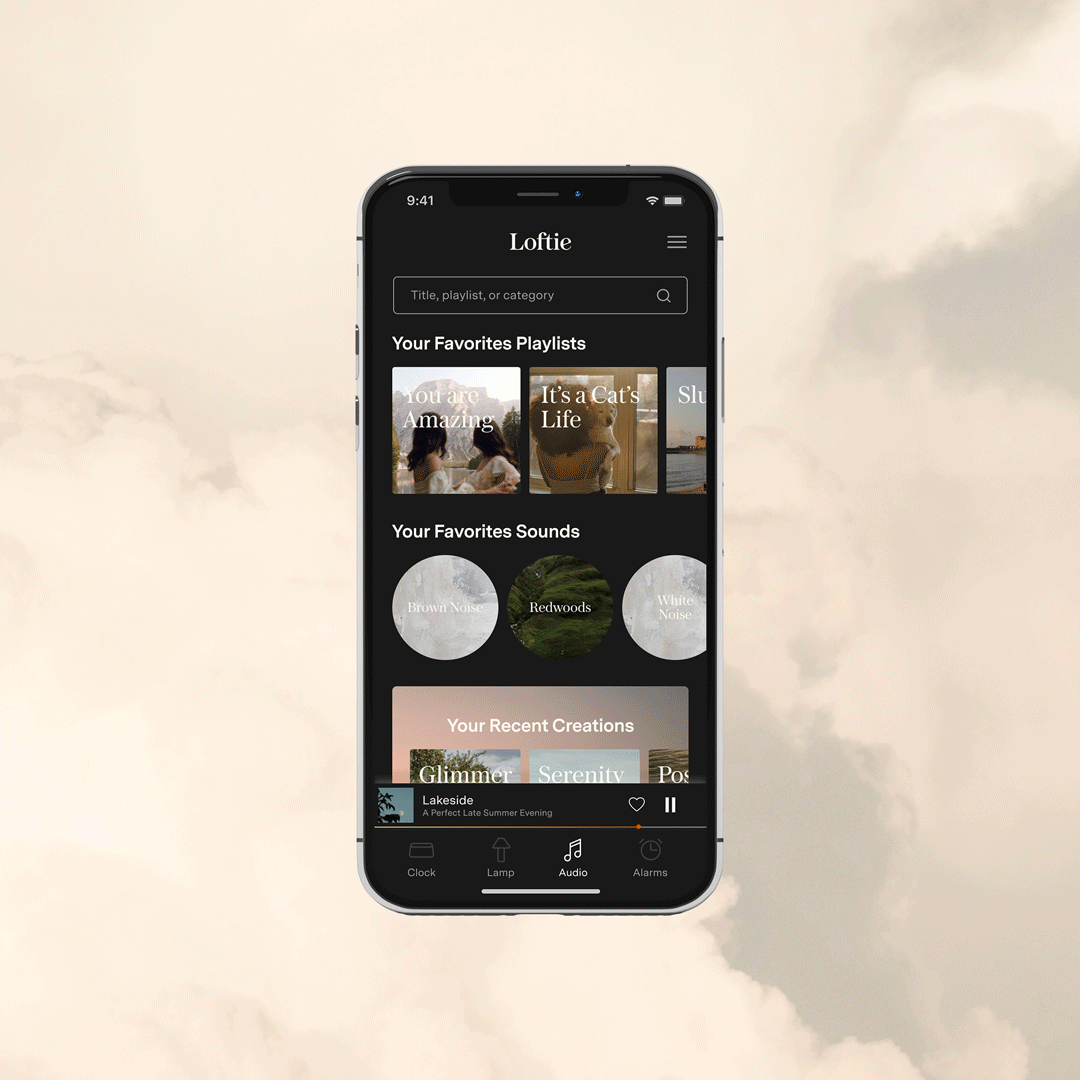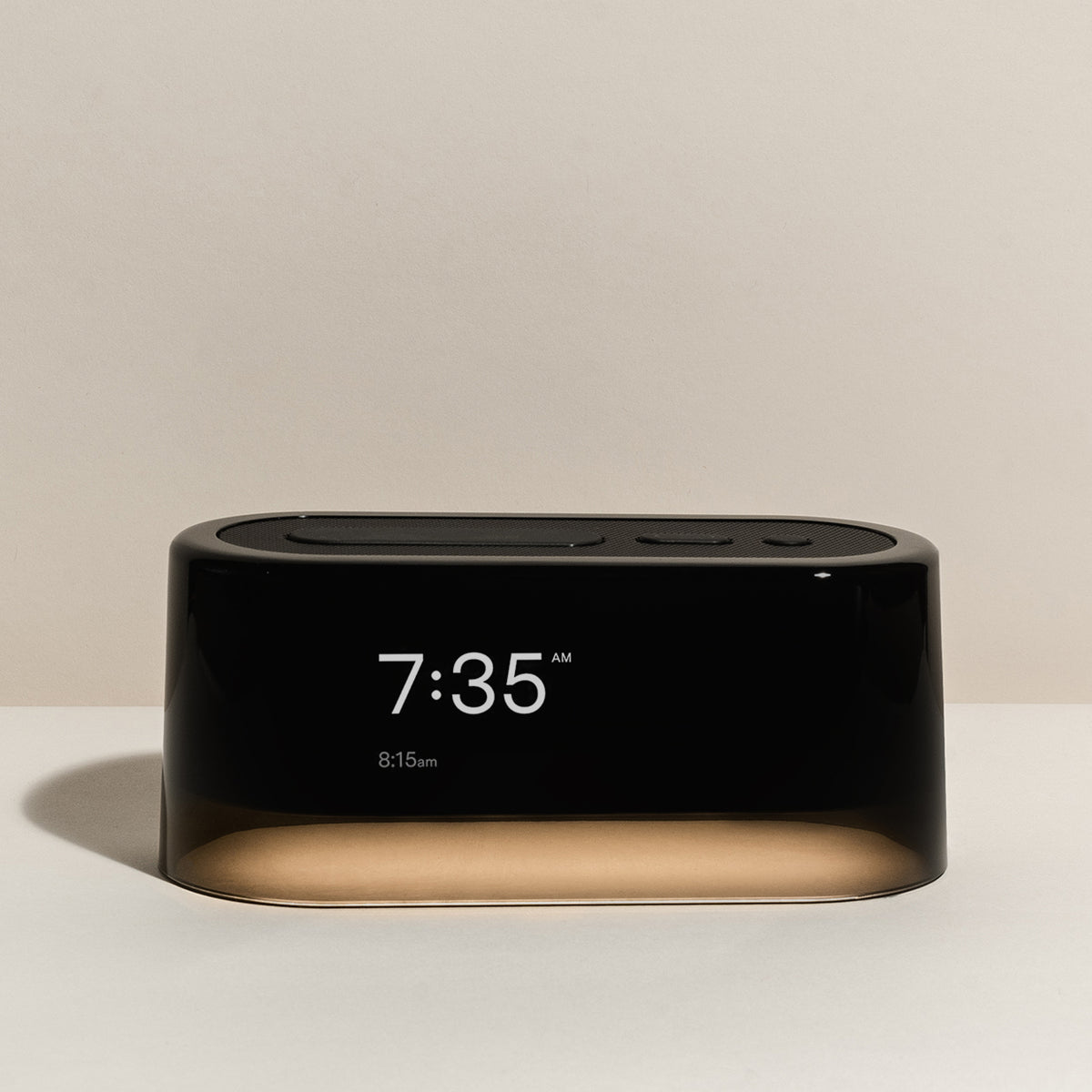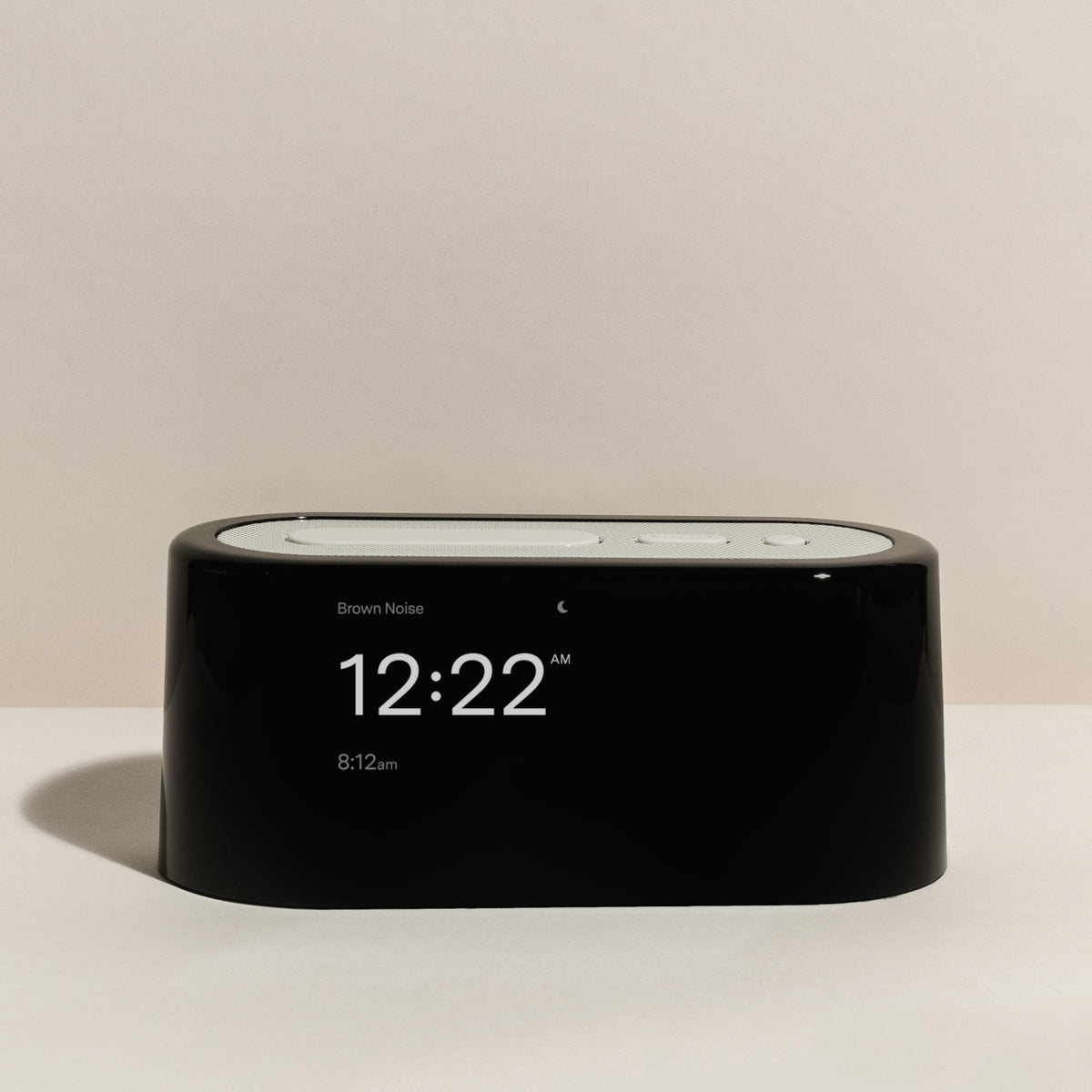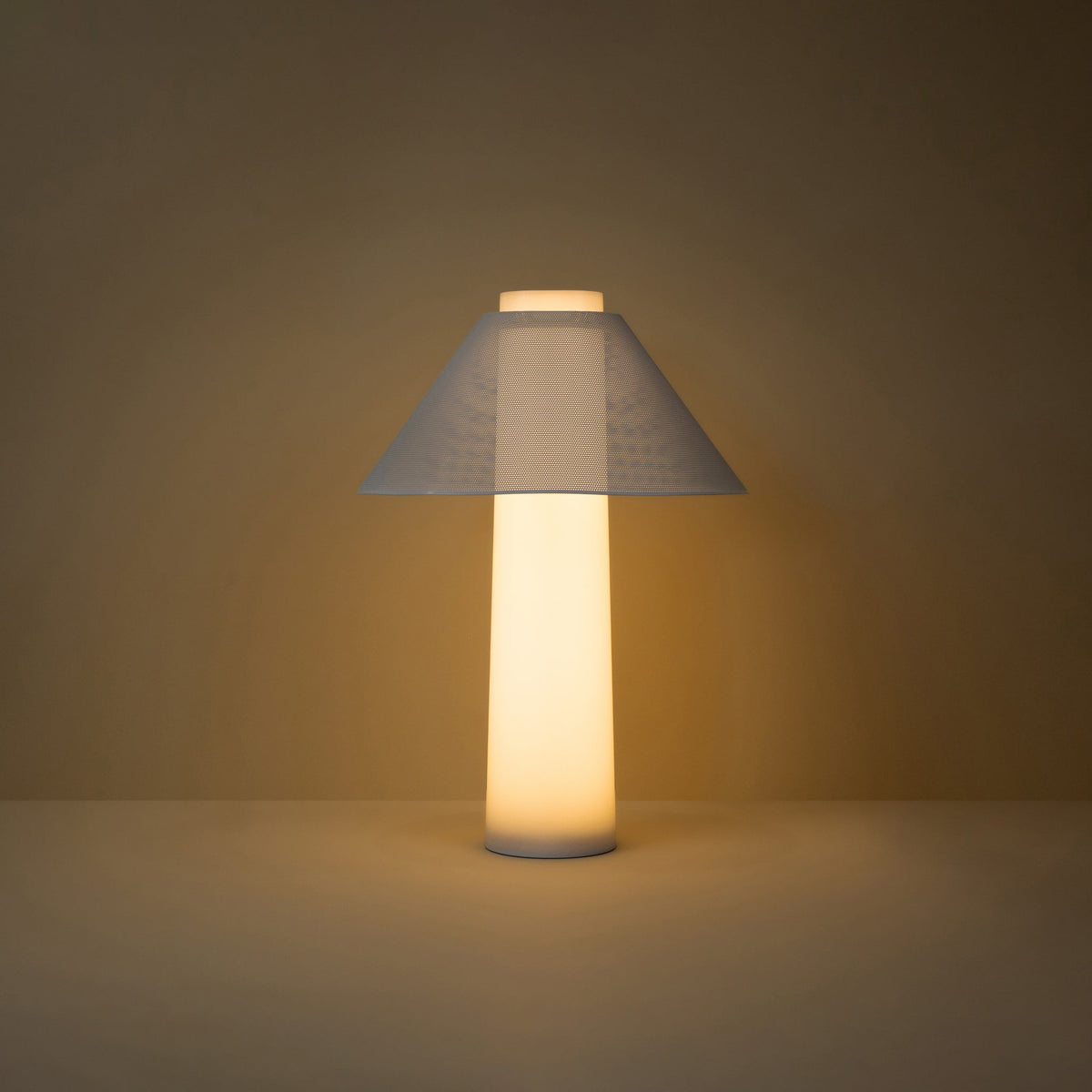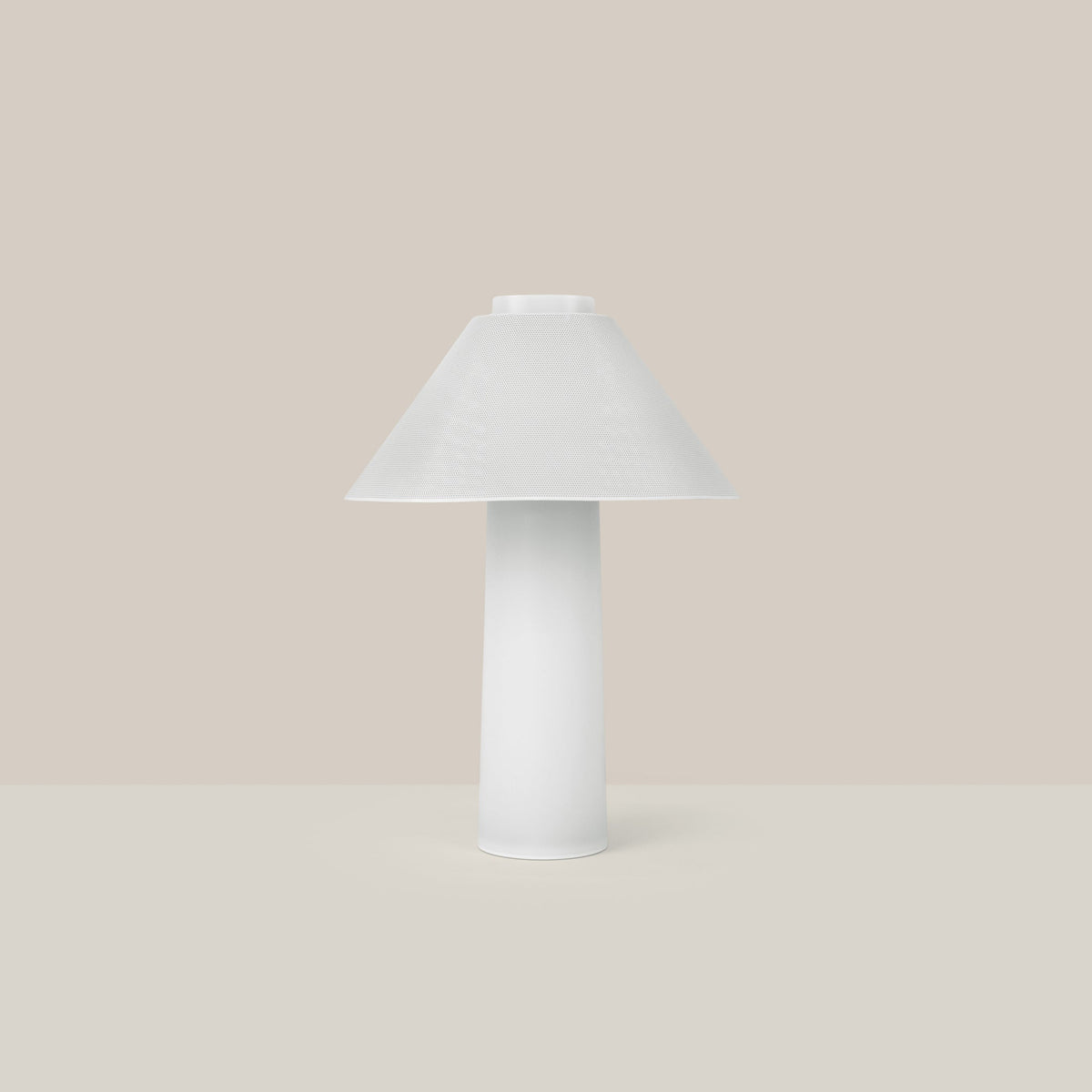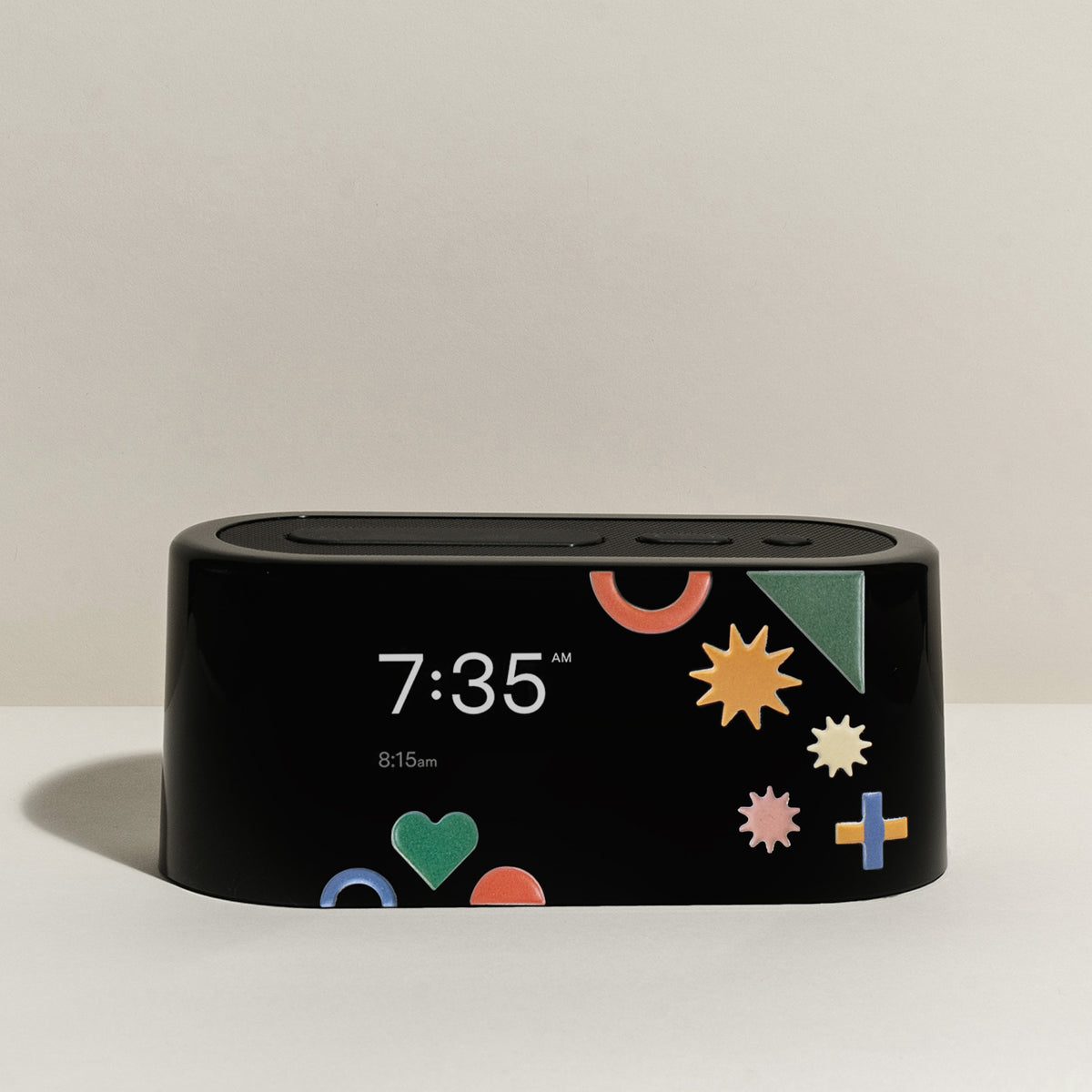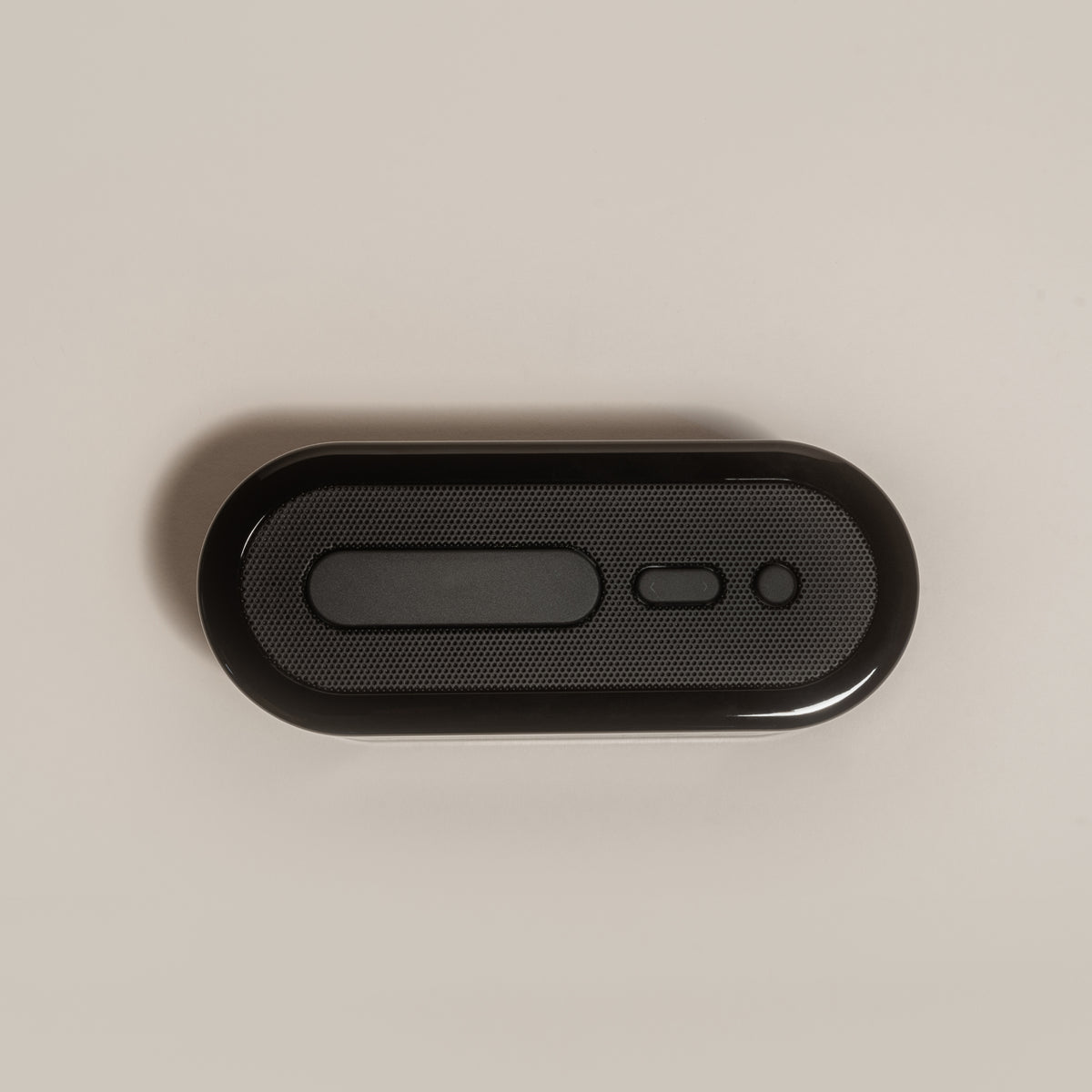What Is Phone Addiction?
Cell phone addiction is swiftly spreading among American adults, teens and children. We all know people who compulsively check their phones and apps and can’t go unplugged for any stretch of time without worrying about what they’re missing. Behavioral addictions like this harm relationships, attention spans, and sleep. While not officially recognized as an addiction disorder (yet) by the American Psychiatric Association (APM) it mirrors the characteristics and consequences of many behavioral disorders that they do recognize as destructively addictive.
When the inventor of the infinite scroll is so guilty that he apologizes to the world for what he’s unleashed, you know there’s an issue worth paying attention to.
What research says
“We’ve built up this layer of anxiety surrounding our use of technology, that if we don’t check in as often as we think we should, we’re missing out.” - Larry Rosen, psychology professor and author of The Distracted Mind
Here’s a sobering statistic: Americans check their phones an average of 344 times per day, according to a recent report by Reviews.org. They also found most individuals haven’t gone more than 24 hours without their phone, and 47% of those surveyed felt addicted. That study, published in January 2022, comes on the back of an earlier study featured in the New York Times, which noted that the addiction to smartphones seemed to fall into the “three C’s” that many clinicians and professionals use to distinguish between a bad habit and an addition: Compulsion (constant desire for the behavior), Control (inability to limit the behavior), and Consequences (behavior continues in spite of continued negative impact).
Signs of phone addiction include being unable to go any length of time without checking your phone, frequently scrolling, and waking to look at your phone. The Addiction Center outlines that phone addiction symptoms can lead to a sleep deficit, lower concentration, aggravated ADD, anxiety, stress, loneliness, and impaired relationships. HelpGuide stated that even when individuals see they have an addiction to a device, withdrawal symptoms can hinder treatment. They found that smartphone withdrawal could include restlessness, anger and irritability, sleep problems, and more. Dr. Anna Lembke, an addiction expert and professor of psychiatry and behavioral sciences at Stanford University, says that cell phone addiction is an underlying stressor to many of the diagnoses she sees in her practice—which makes treating technological addictions even harder.
How to Break Phone Addiction
Ready to address your cell phone addiction? A 2018 piece featured on CNBC suggested individuals take mindful actions to turn off and tune out cell phone notifications.
“Don’t let your phone be the last thing you see at night and the first thing you check in the morning. By using a regular alarm clock and charging your phone out of reach, you won’t be tempted to start your day by getting vortexed into an avalanche of messages and updates.”(CNBC)
If you don’t want to let a phone or screen affect your mood, health, and brain, here’s a range of ideas from the experts on how to break your phone addiction:
1. Quiet the noise: Turn off your notifications so that it’s not constantly stealing your attention.
2. Distance yourself: consider charging your phone in a place that’s inconvenient to get to so that you’re not tempted to just take a quick peek.
3. Be Purposeful: Take meaningful breaks each day to deliberately elevate your mind, body, and soul. Elevate time with family, friends and the outdoors by leaving your phone behind when dining, hiking or shopping.
4. Remove Temptations: Delete the apps you find hardest to resist. Think about the apps you use most and consider removing them. Yes, social media can be a wonderful way to connect, but it can also be a destructive time-suck. Just saying.
5. Release control: Limit your phone use by shutting it up in a lockbox that only opens after a certain amount of time.
